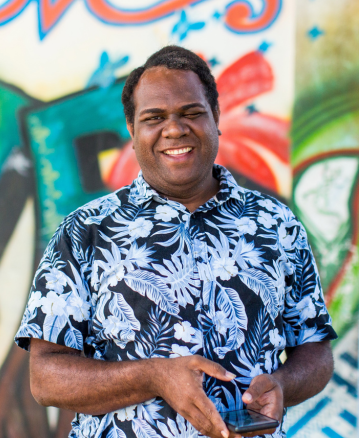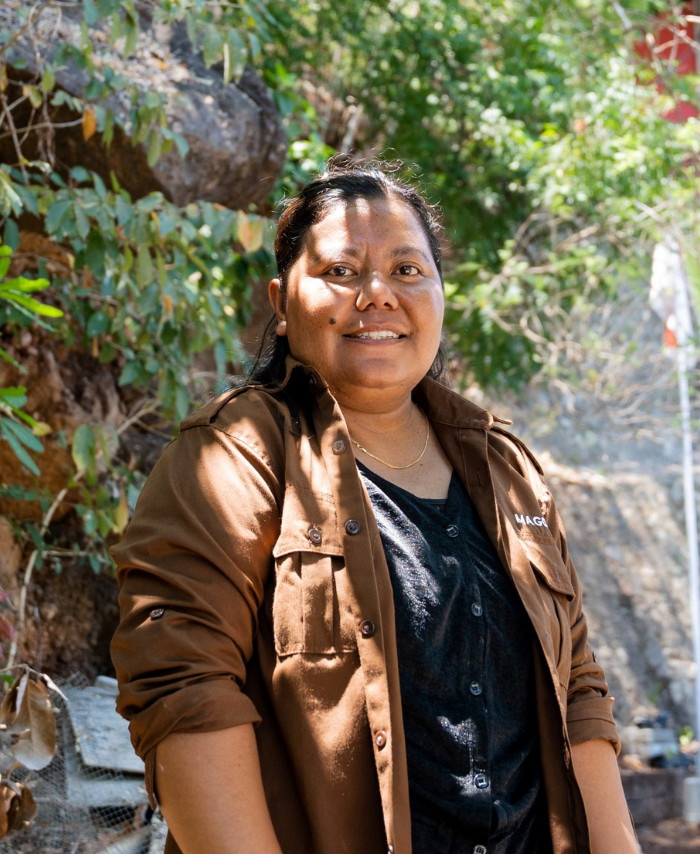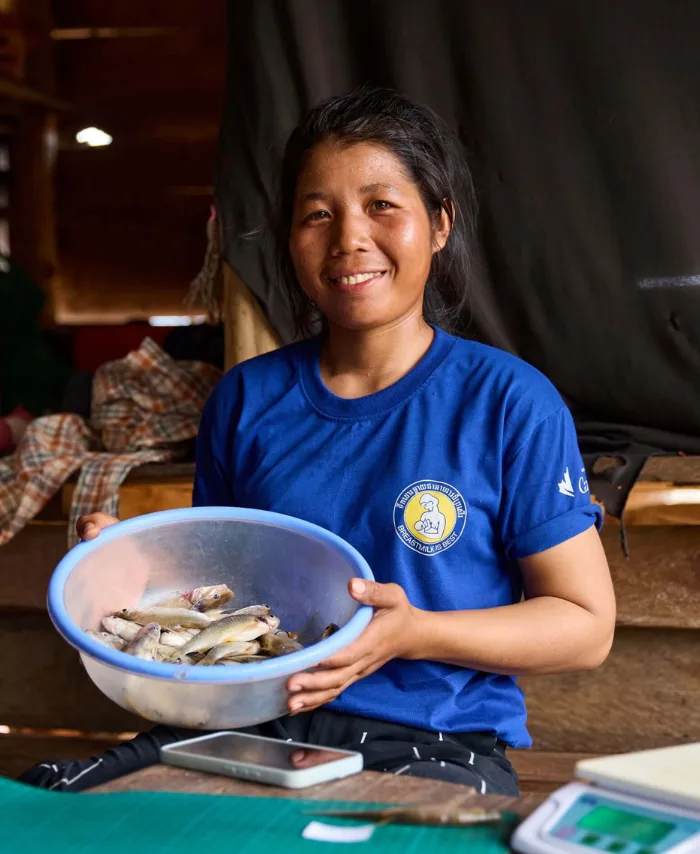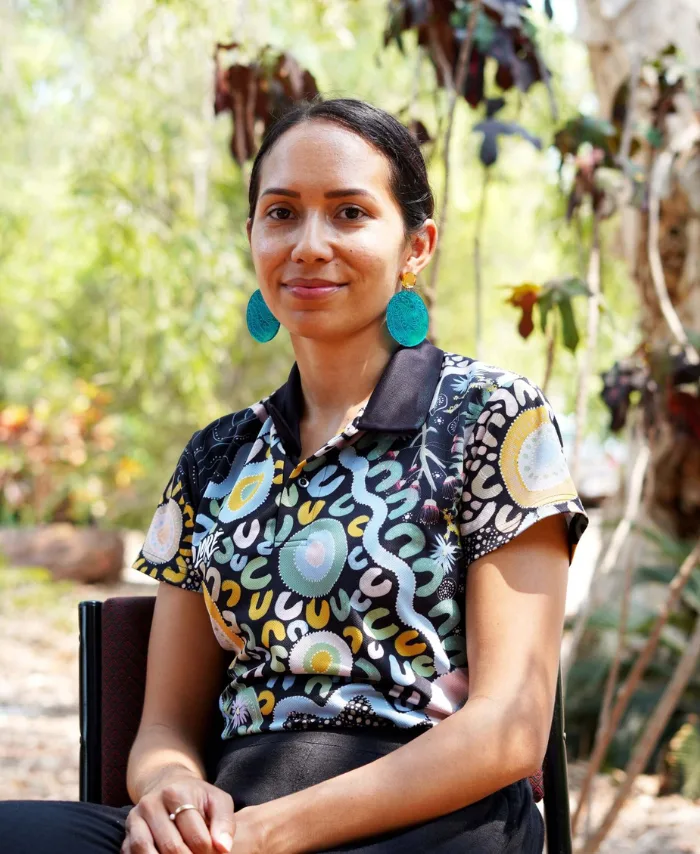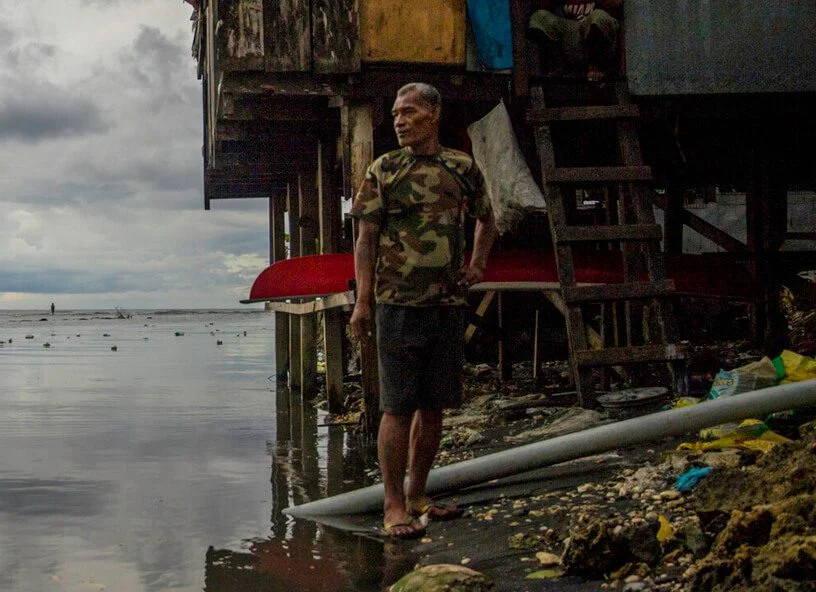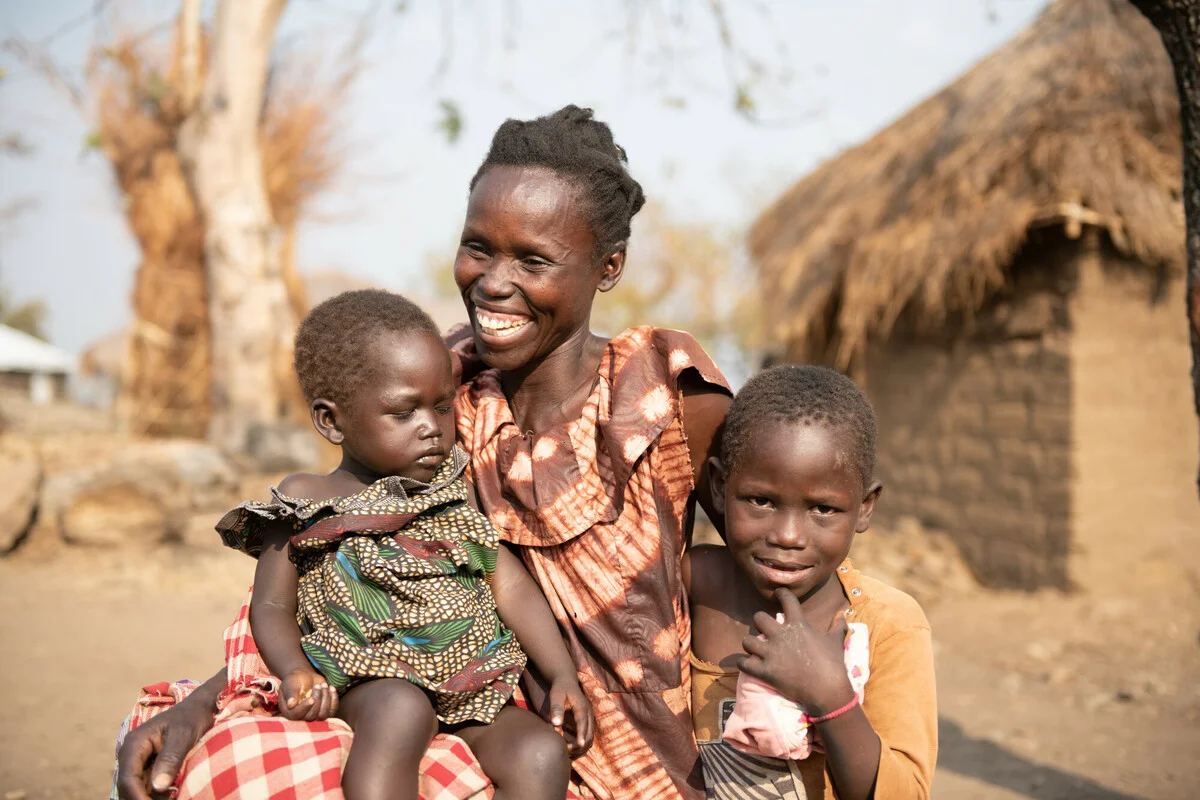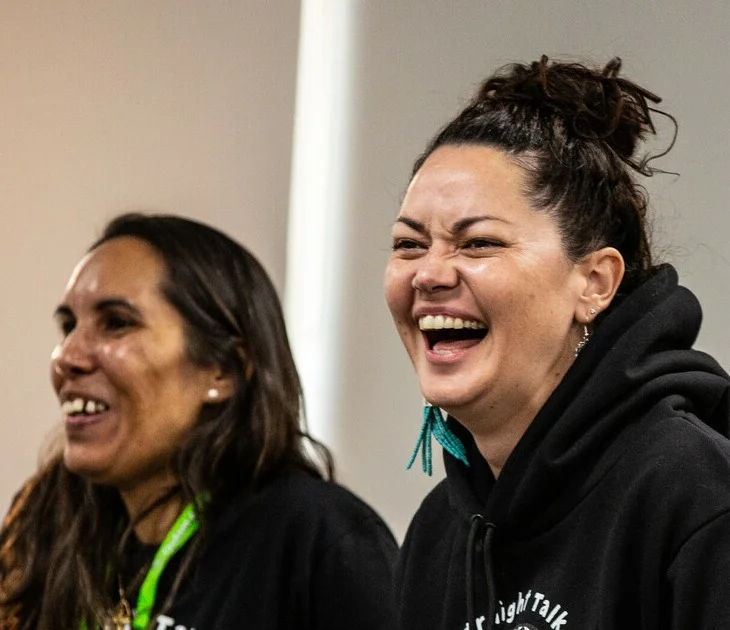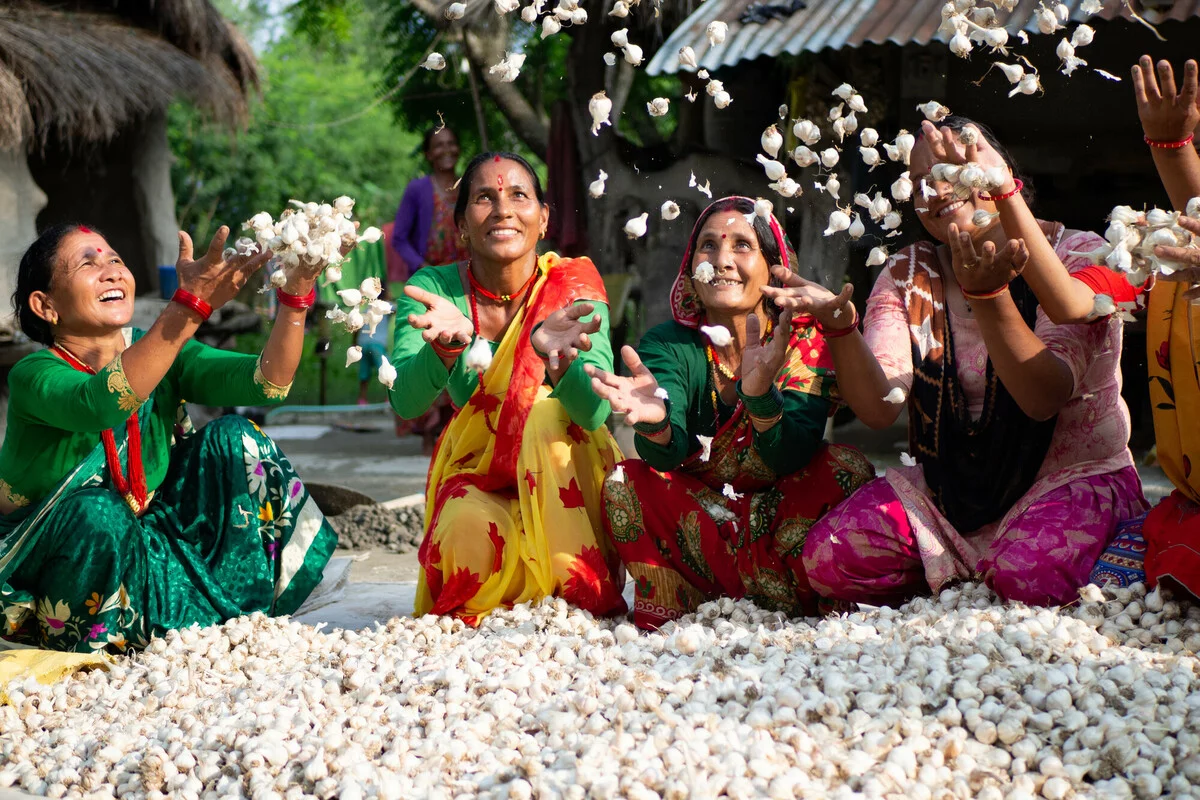Long term development
At Oxfam, we believe in a future without poverty. That’s why our programs work to create solutions to poverty that last, now and into the future.
Ending poverty in the future starts in the present
To tackle the inequalities that keep people in poverty, we need to lay the groundwork for a better future today.
Poverty is about more than an individual’s financial situation. It exists because the world we live in doesn’t treat everyone equally.
Every day, people experience discrimination, exclusion and injustice that excludes them from earning a decent wage, having a voice in their communities, getting an education or meeting their basic needs for food, shelter and healthcare. This discrimination can be on the basis of gender, race, religion, sexuality and gender identity, to name a few.
The systems that our society is built on are designed to benefit a small few at the expense of the many. Whether it’s unfair tax systems, climate policy that favours polluters or corporations denying their workers a living wage, these systems amass wealth at the top and fuel poverty for everyone else.
Our unique approach to long term development
By addressing poverty without tackling the systems that fuels it, we’d be setting ourselves up for that cycle to repeat as soon as our projects are done.
That’s why Oxfam is unique. We work alongside local partners to understand the challenges facing the communities we work with and to develop projects that will create lasting change and global development for generations to come.
We delve deep to understand why a person or community are experiencing poverty and the underlying inequality. This can look like helping communities adopt more climate-resilient farming practices, running LGBTQIA+ inclusion workshops, supporting women to lead or connecting First Peoples with politicians to create change.
Whatever the project, our aim is always to work with communities to tackle the root causes of poverty so that when we step back, communities continue to thrive.
Want to learn more about our long term development projects?
Explore our project evaluations and more in our Resource Hub.
Because there are different causes of poverty, our areas of work include climate, gender, economic, First Peoples justice, in addition to our humanitarian work.
Our stories
When you support Oxfam, you help create a world without the inequality that fuels poverty. Here's what that looks like for the communities we work with.
Want to stay up-to-date on our work around the world?
Explore our news and blogs to learn more about current and future projects, humanitarian work, our campaigns for change and more.
In January, billionaires amassed more wealth than the poorest third of humanity owns
Billionaire wealth surged by over $300 billion in the first month of the year. It would take 15 million workers an entire year to make as much money. Since G20 Finance Ministers agreed to work together to effectively tax the super-rich in July 2024, billionaires have pocketed over $1 trillion in new wealth. More than […]
Nearly two-thirds of millionaires think influence of the super rich on Trump presidency is threat to global stability
New poll shows millionaires deeply concerned about impact of extreme wealth as more than 370 millionaires and billionaires sign open letter to world leaders at Davos demanding they draw the line and tax the super rich As the global elite gather in Davos this week for the annual World Economic Forum, a new poll reveals […]
Australian fashion brands bring in billions, yet don’t pay their garment workers a living wage: Oxfam
As Black Friday and the holiday shopping season approach, Oxfam Australia is calling out major Australian fashion brands that raked in over $1 billion in revenue last year while garment workers who produce their clothing remain underpaid. According to Oxfam analysis, Kmart Group, Big W, Cotton On, Rip Curl and Kathmandu owner KMD, Myer, and […]
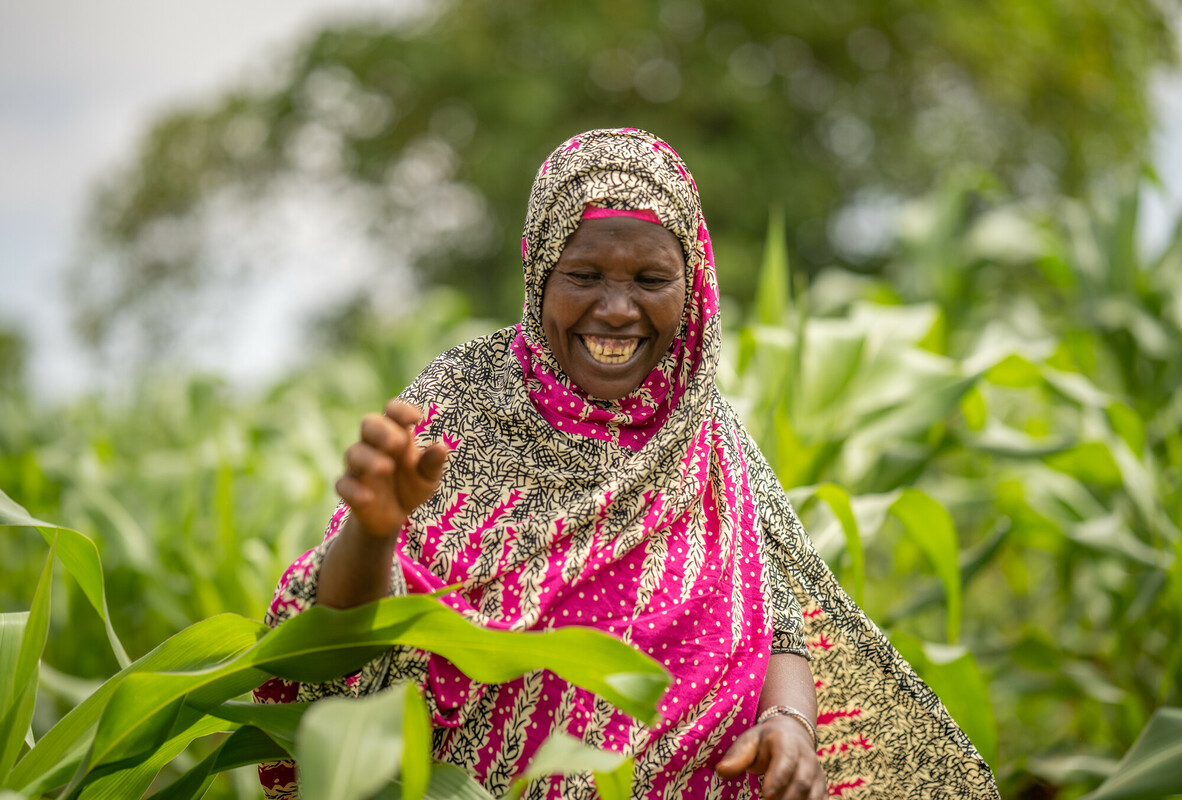
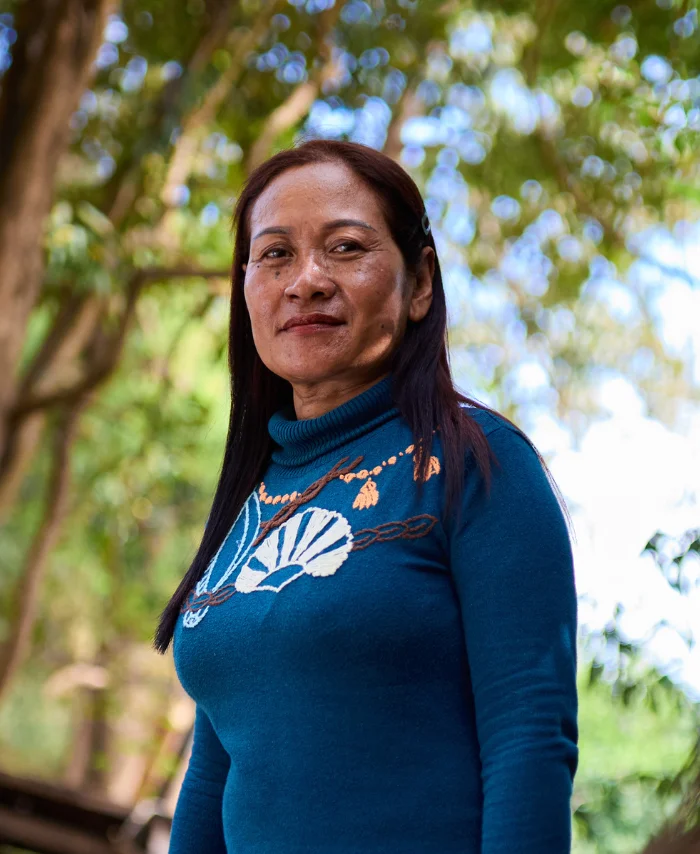
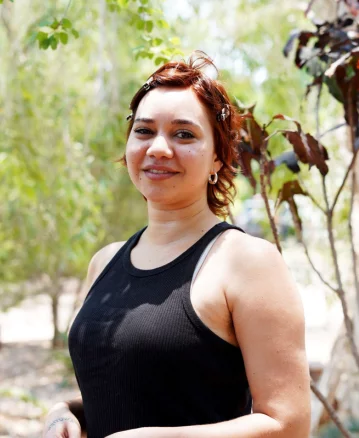
![Bangladesh: Munni is a tea garden worker and earns just 170 Taka [AU$2.30] per day. She has to take out loans in order to buy groceries and then struggles to pay these loans back. Munni attended training run by Oxfam partner organisation, Breaking the Silence, and says she has gained courage through this training. Photo: Fabeha Monir/Oxfam Bangladesh: Munni is a tea garden worker and earns just 170 Taka [AU$2.30] per day. She has to take out loans in order to buy groceries and then struggles to pay these loans back. Munni attended training run by Oxfam partner organisation, Breaking the Silence, and says she has gained courage through this training. Photo: Fabeha Monir/Oxfam](https://www.oxfam.org.au/wp-content/uploads/2024/08/Munni-crop.png)
